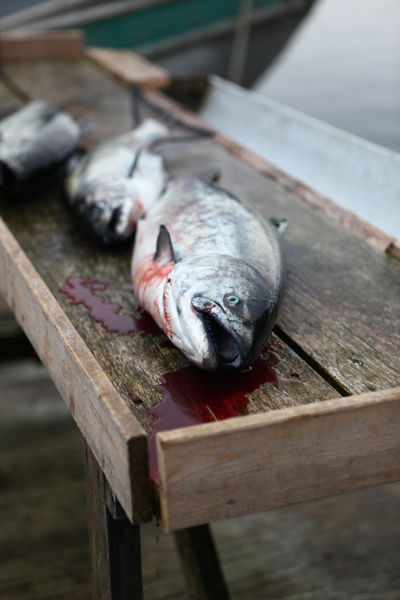 The grocery store contains every ingredient I could possibly want to create any culinary masterpiece I can dream of. All I have to do is hop in my car, drive a few blocks and pick out what I need from inviting aisles that freeze, cool, heat, keep dry, or moisturize their well-stocked shelves. There’s even someone waiting to bag my purchases in plastic that will take thousands of years to decompose.
The grocery store contains every ingredient I could possibly want to create any culinary masterpiece I can dream of. All I have to do is hop in my car, drive a few blocks and pick out what I need from inviting aisles that freeze, cool, heat, keep dry, or moisturize their well-stocked shelves. There’s even someone waiting to bag my purchases in plastic that will take thousands of years to decompose.
Everything has been packaged for easability, visual appeal and cleanliness. The experience of shopping for food is so far-removed from the experience of making, growing or catching it, that most people forget that a slab of juicy steak was at one point a living cow that was raised, fed and slaughtered so that it could be pieced into individual styrofoam packages and sold from a sterilized store.
When I go grocery shopping I don’t have to worry about where grain was grown, animals were raised or eggs were laid because I can listen to mellow tunes in well-lit aisles instead. I don’t have to think about whether the chicken I’m buying was raised and slaughtered humanely, or if the pork has been fed hormones to make it grow faster.
This past weekend I went fishing for the first time ever. Tyson has spent much of his life in a fishing boat thanks to his Dad who used to own a lodge near Tofino dedicated to the sport. I learned how to catch a salmon, kill it, gut it and package it up. I got to experience waking up too early, and spending the better part of the day bracing myself against the cold wind while rocking in a boat. It was really neat to see where some of my food comes from.
Grocery stores serve the purpose of bringing food and people together. They act as the middle man between those who raise, make or grow our food, and us, the consumer.
Because of this, consumers can deliberately be kept in the dark when it comes to where and how our food is produced. Agricultural giants such as Monsanto own the seeds, the fertilizer and pesticides – even the farms in some cases! They are well-equipped to limit how much of their business practices we know about and see. They divert our attention away from their operations so that it’s difficult for conscious consumers to know what’s going on. They’re worried that once the truth is known, people might not want to buy their products anymore.
That’s because in order to produce food at the low prices people expect, companies have to resort to less humane business practices, hormones, and cheap animal feed that consists of more corn and less grass. We end up eating food that is cheaper, but not nearly as healthy.
Eating wild-caught salmon is much healthier than farmed, and pulling a salmon steak out of my freezer that was caught by me makes me feel like I’m taking back a bit of the control we lose by allowing food to just show up at the grocery store for our consumption.
Fishing may not turn into my next hobby, but it makes me very aware of the fact that we are no longer in touch with our food sources, and that perhaps many people don’t understand why they should care. The next time I go to the grocery store I’m going to base what I buy on this knowledge. I certainly won’t be buying salmon for awhile!
Check out the photos from my fishing trip!

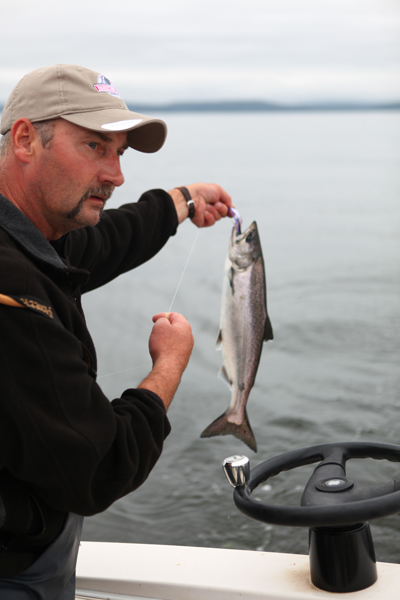
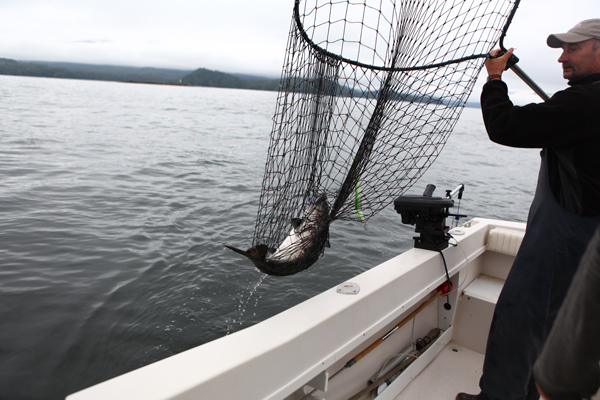
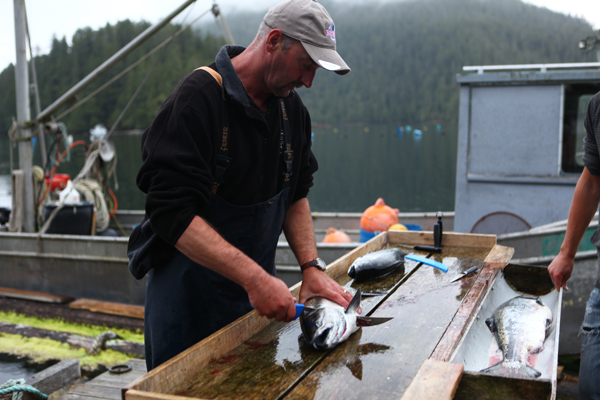
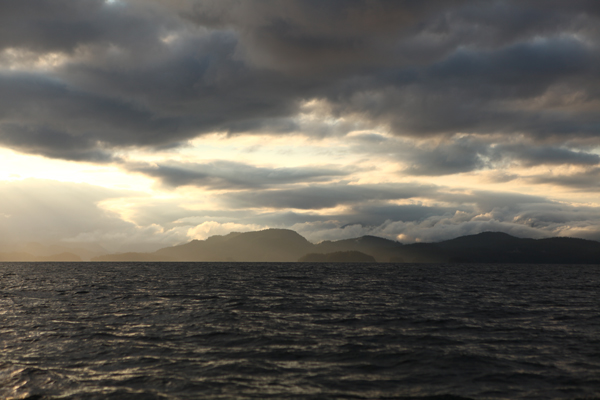

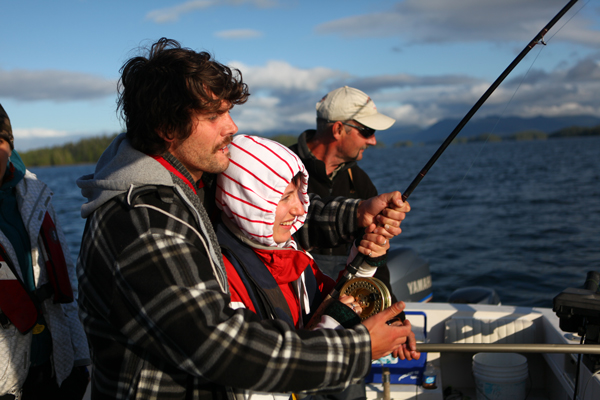
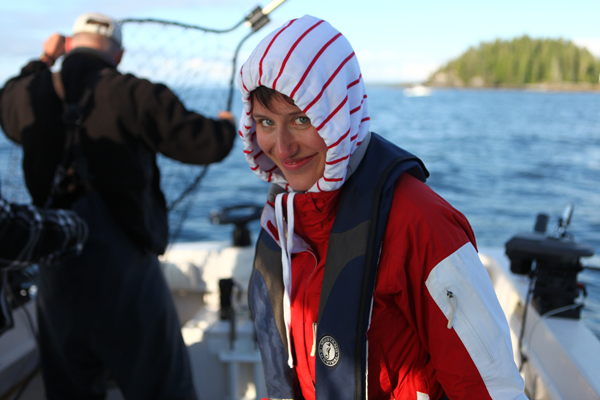
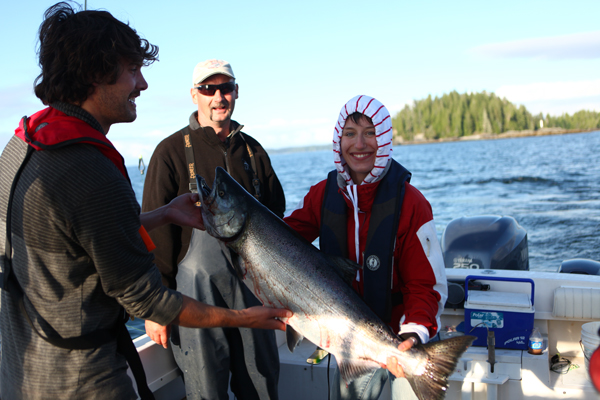
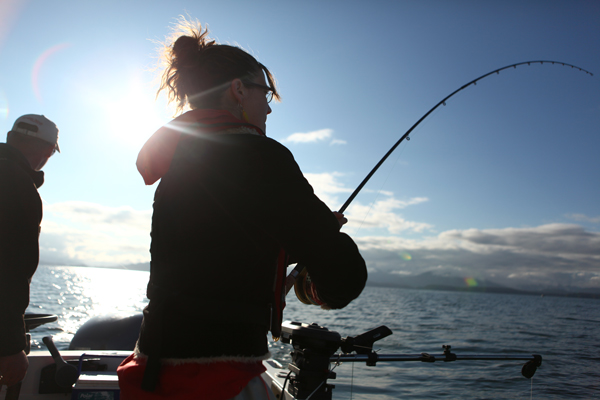
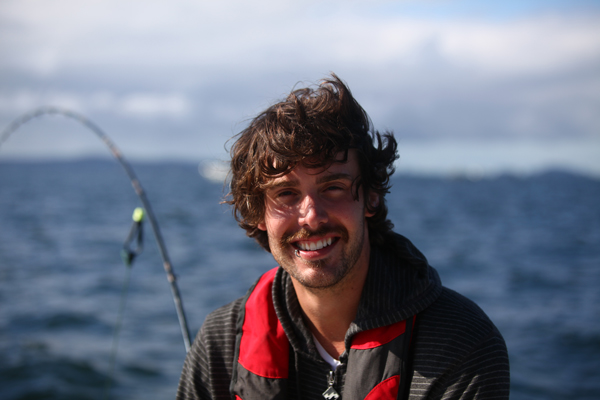
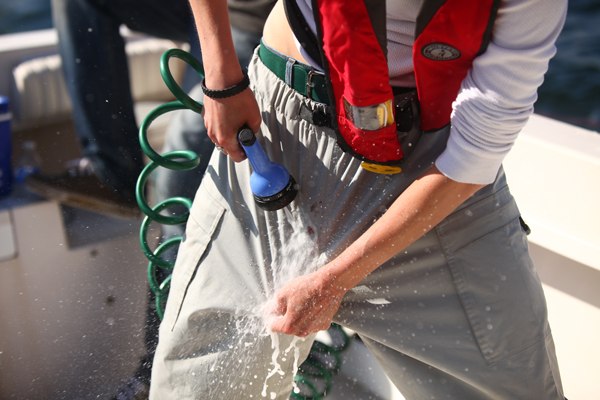
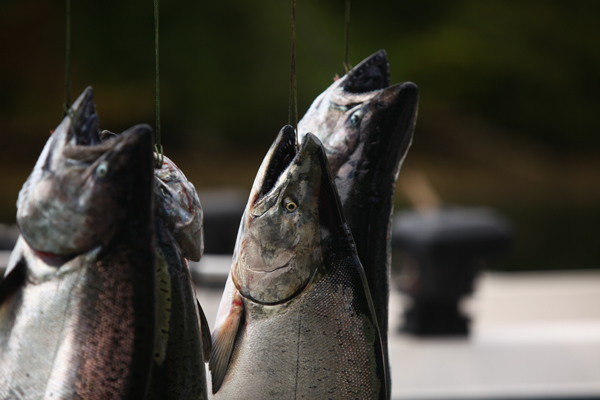

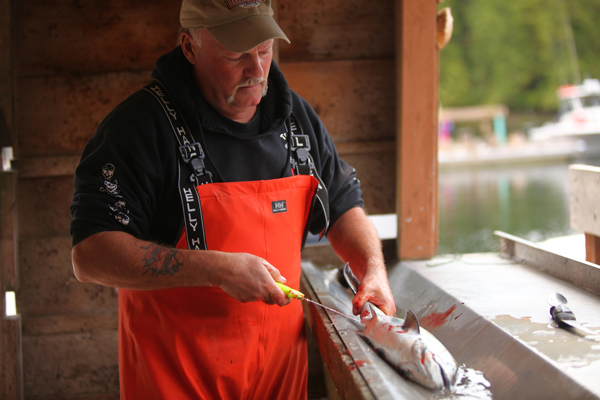
Wow, I’m impressed!